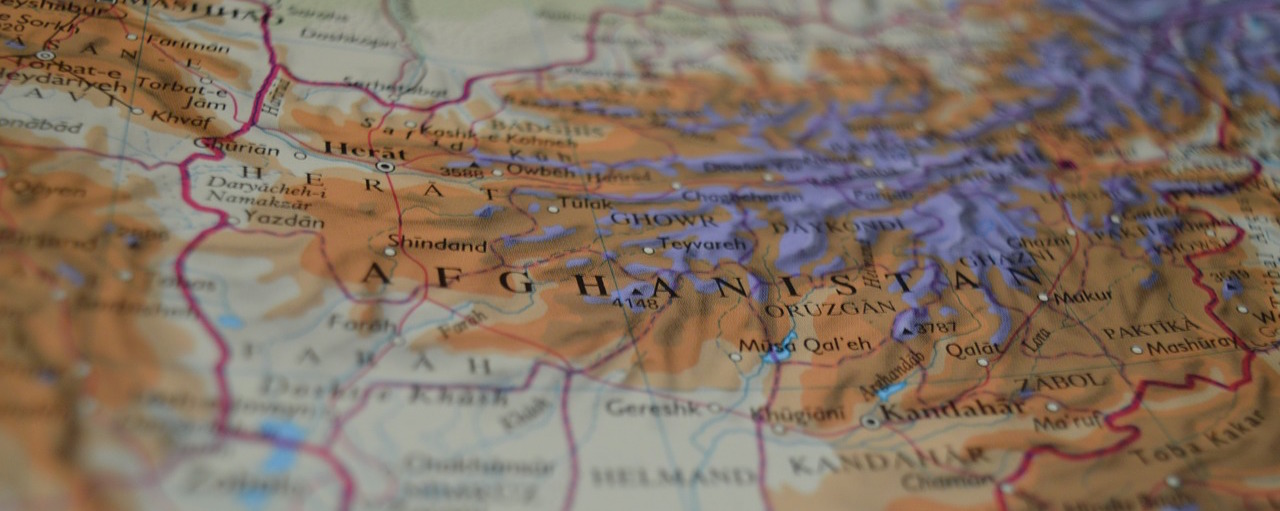
“You must be Gul Bahar.” General Khan chuckled. “I see why the name stuck.” He spoke in Dari. Fazl, Khan’s translator, hung by his shoulder. “If you wore a turban, you’d be a beautiful Afghan boy.”
George coughed, glancing sidelong at Kris. He knew just enough Farsi, the Iranian version of Dari, to parse out what Khan had said.
Kris smiled. “As-salaam-alaikum, General Khan.” He pulled off his gloves and held out his hand, delicately. “Chutoor haste?”
Khan took his hand, placing his own free hand over his heart. “Wa alaikum as-salaam, tashakor fazle khoda ast.” Thanks to God, I am good.
Kris pressed his hand over his heart with a smile, then cupped Khan’s hands in both of his.
“It has been some time since I was here,” Khan continued in Dari. He looked over Kris and George’s heads, to their headquarters. “This was where I last saw General Massoud. We dined together, in his house.” He pointed to the building they now lived in.
“General Khan… We thank you for your honor. To stay in the General’s home.” Kris smiled, his breath shaky. “You honor us too much.”
General Khan’s eyes narrowed. One corner of his mouth curled up, an almost smile. “We will see if the honor is worth it.”
On the other side of George, Ryan cleared his throat. He didn’t speak a lick of Dari. He had no idea what was going on. His impatience was showing.
“General, may I introduce you to agha George and agha Ryan?” Kris used the deferential title to delineate the authority of George and Ryan over him. “We are CIA officers, here to help the Shura Nazar.”
George held out his gloved hand and pumped Khan’s once. Ryan followed suit with a firm handshake. Khan frowned. He stepped back.
On the CIA’s insertion into Afghanistan, Kris becomes both the linguist and the cultural expert for the team. He translates not only the Dari, Farsi, Pashto, and Arabic that the team encounters throughout all of Afghanistan, but also guides the team to understand Afghanistan’s culture, too.
Or, he tries to.
“This isn’t a machismo culture!” Kris roared. He’d never shouted this loudly, never bellowed like this. Not at his drunkest, not even when he was thrown out of beds in college or dumped by the older men he’d slept with on weekends and ditched on Monday mornings. Never, ever had he been filled with this much rage, this much sizzling-hot blood. “In Muslim cultures where there is a strict division of the sexes, men form close emotional bonds with other men. They aren’t concerned with posturing or proving who has the bigger dick in a perpetual ‘who is the bigger asshole’ contest! Yes, men here hold hands! Yes, men here hug! Being physical is a sign of trust!”
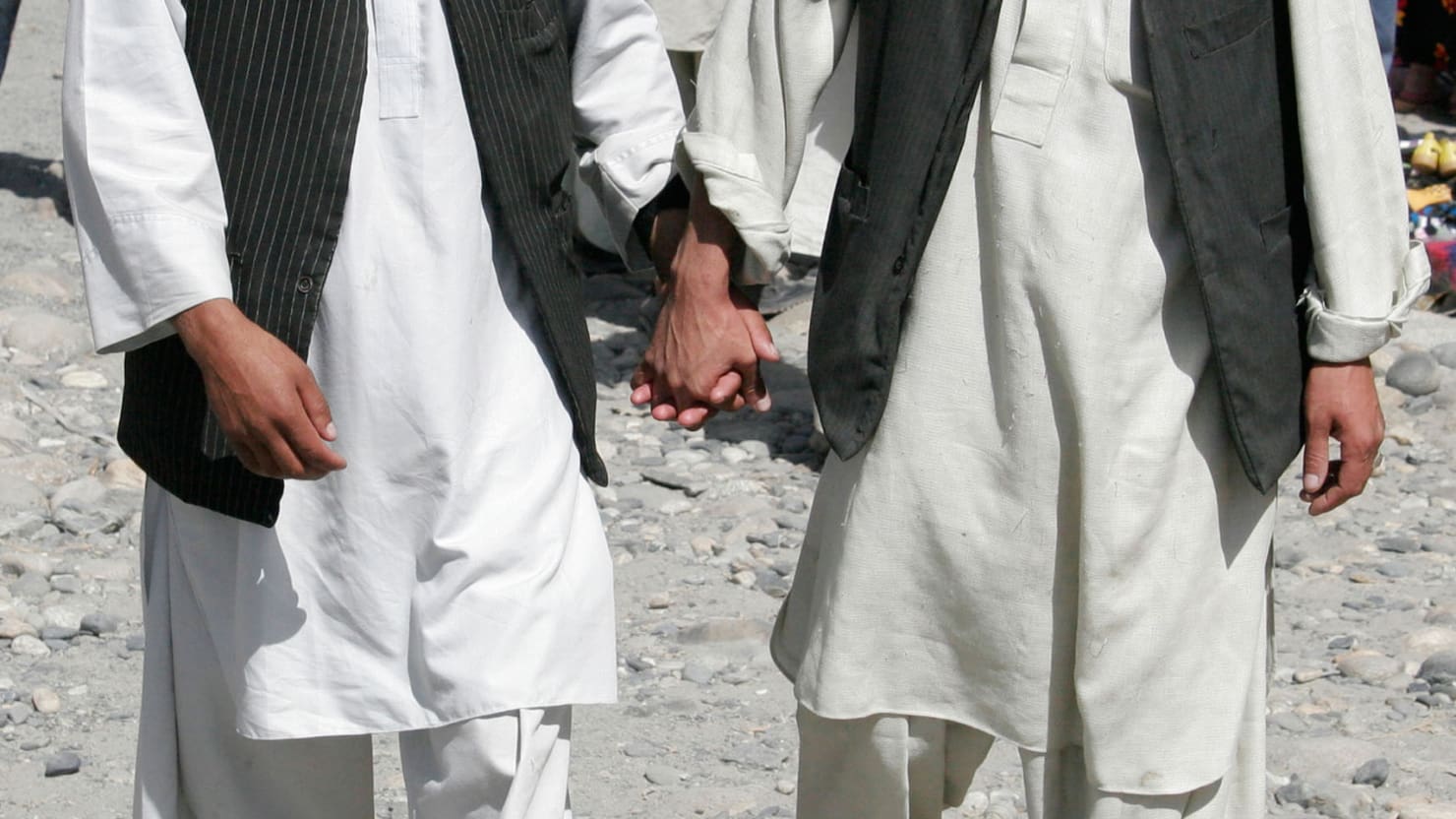
The CIA team that enters Afghanistan is made up of the biggest, baddest special operator legends in CIA history.
As Kris puts it:
Kris glanced left and right. He and about twenty others had been pulled by Williams into a side room off the basement-level bunker. Everyone around him was huge. Huge physically, hulking muscles and ripped bodies. Huge in reputation. Career officers of the CIA, men who had their names etched in iron, who had stopped more terror attacks than years Kris had been alive. They were legends in the CIA, officers used as training examples at The Farm. Men who didn’t breathe oxygen, who didn’t pump blood through their bodies. They were made of far sterner stuff, iron patriotism and pure American grit. It was like looking at one of the world’s first astronauts. Who were these men who did these things? How did humans accomplish these feats?
And then there was him.
These men have been conditioned to act. To get shit done, as fast as possible. They’re used to American time, brutal American efficiency, and American directness.
The rest of the world doesn’t necessarily operate that way, though.
Afghanistan is a solidly Muslim country, as Muslim as Saudi Arabia or any of the Gulf countries. Muslim traditions mix and bled with tribal traditions, known as Pashtunwali, an ancient code of ethics that has survived for over two millennia. Afghans broadly feel a stronger sense of loyalty to their tribe, kin, or ethnicity before loyalty to a larger state, largely because of the series of failed, overthrown, toppled, or repressive governments that have largely underserved the Afghan people for decades. Loyalty to blood kin and ethnicity reveals the deep tribalism and collectivistic attitudes of the Afghan people.
As a tribal, collectivistic, closely-knit society, Afghanistan operates on a set of behavioral codes that oftentimes run in direct opposition to American standards of behavior.
Most Afghans consider a person’s behavior to be a reflection of their tribal affiliation. This effects perceived honor in both directions. If the tribe is considered dishonorable, every member of that tribe is likewise considered dishonorable. In Whisper, the CIA struggles against the Afghans perception of America, and the United States’ twisted foreign policy, which has given them, as Americans, a deeply dishonorable reputation. Kris, knowing this, works hard to show considerable respect in order to rebuild their collective reputations and honor.
Greetings, in Afghanistan, are ritualized. Handshakes are warm and linger, while each party holds their hand over their heart to show their respect and honor for the other person. If someone want to show extreme respect and deferment to the other, they will hold both hands over their heart. Wearing gloves while shaking hands is considered incredibly rude. Skin to skin contact is preferred. As two people grow closer, and the respect deepens, kisses are often added to the cheeks. Kisses to the hands denote extreme respect and fondness.
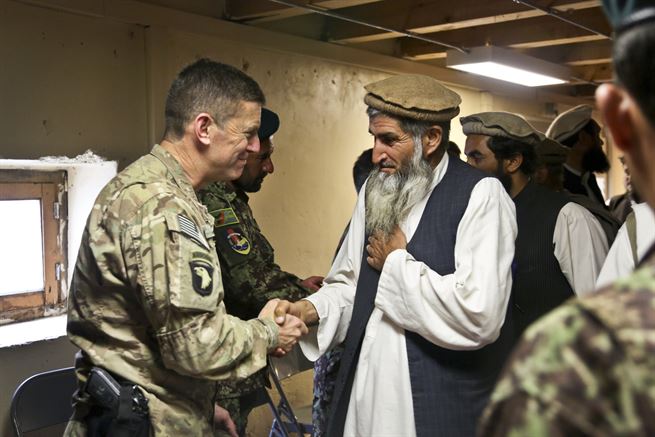
General Khan waited at the steps. He beamed when he spotted Kris through the filthy passenger window.
“Gul Bahar!” Laughing, Khan held both his hands open as Kris climbed out of the truck, shaking his limbs loose and trying to reseat joints banged up and bruised from the brutal drive. “I am pleased you are here.” Khan hugged him tight and kissed both of his cheeks. He held one hand over his heart.
Haddad waited behind Kris. “David Haddad,” he said simply, holding out his ungloved hands. He clasped Khan’s hand in both of his as they shook, bowing slightly. “Thank you for your hospitality, General.”
Khan’s chest swelled. His smile grew. “Come, come, we will share tea,” he said in his stilted English. He beckoned them both into the compound.
Greetings extend beyond the formalities of a simple handshake and hello. Much time is spent lingering over tea and a meal, inquiring about each other’s health and their happiness.
“General, we have much to discuss.” As George spoke, Fazl translated the English to Dari for Khan. Kris listened. “We need to coordinate with the Shura Nazar and prepare the battlefield for the US’s invasion—”
“First, we will eat.” Khan spread his hands to the feast Ghasi had laid out on the sheet in the yard. Boiled meat, dates, almonds, fresh yogurt, sliced tomatoes, fresh-baked flatbread, and watermelon. “Come. We will eat together.”
Kris heard George’s teeth grind, but they followed Khan to the blanket and crouched down, sitting on the faded, lumpy cushions. Khan invited his men to join them. He was relaxed, jovial on the surface, but Kris watched him watching George and Ryan with an intensity that rivaled a hawk’s.
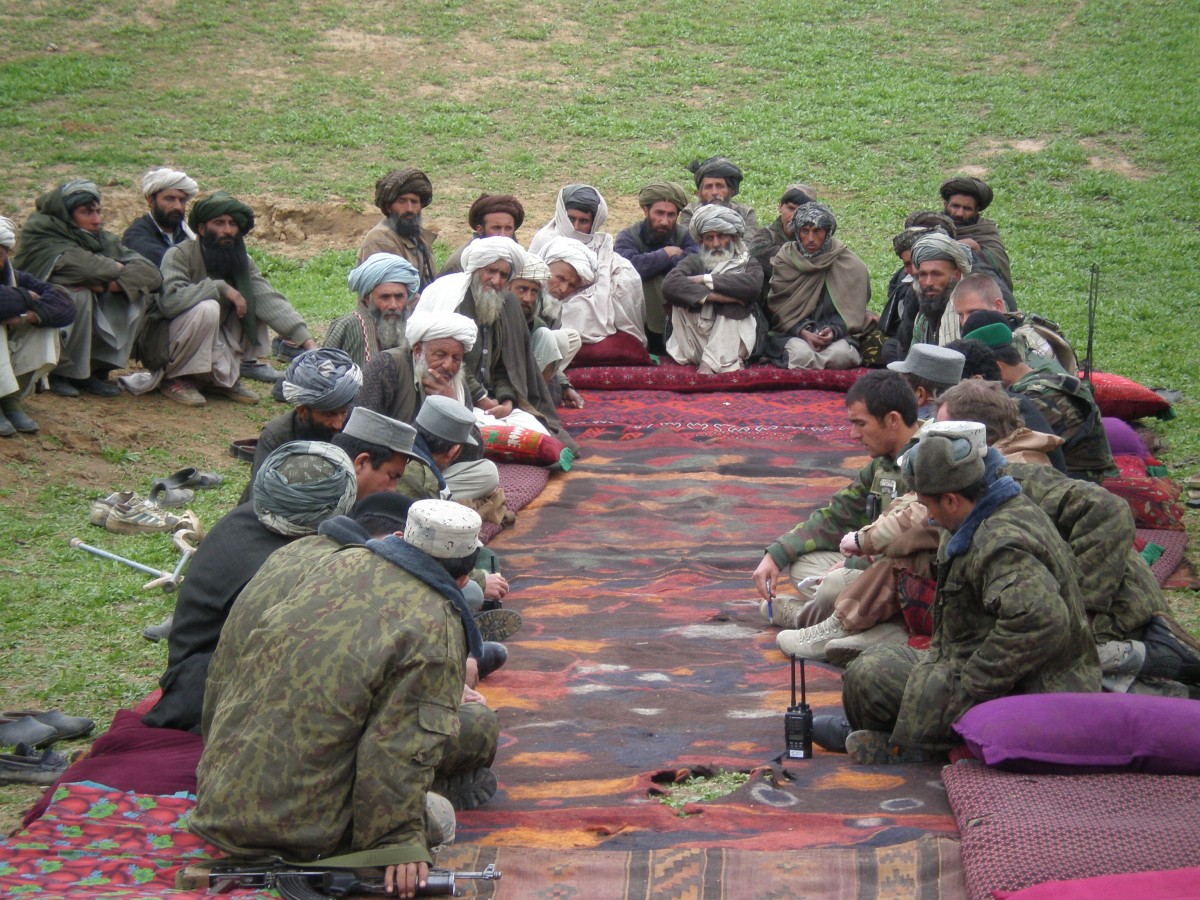
It is considered the height of impoliteness to rush through these social rituals, and an insult to the hosting party. Giving such an insult bring incredible dishonor upon an individual, and again, on their tribe.
Kris followed Khan, winding through corridors and up narrow staircases until they arrived at the top floor, General Khan’s private office and quarters. The room provided a panoramic view of the Shomali Plain, the former breadbasket of Afghanistan. Once, it had been a lush garden, fruit orchards and farmers’ fields from the eastern slopes of the Hindu Kush to the desert edges of western Afghanistan, all the way to the gates of Kabul.
Now, armies ringed both sides of the Plain, Taliban and Shura Nazar. Decades of war had ravaged the land, turning the fields to desolate wastes, as pitted and pocked as the moon, and just as welcoming. Only the dead lived in the Plain now.
Khan called for tea and bread to be brought out. Young soldiers, no more than boys, scurried in, balancing trays of tea with chipped Russian glasses and plates of hot, fresh-baked bread. Apples and dates followed, and fresh yogurt. Kris could smell the milk, the tart skin of the apples.
Khan sat beside him, right next to him, on floor cushions before the window. Haddad settled down a respectful distance away.
They spoke gently, chatting back and forth over tea for almost an hour. Khan wanted to know how Kris liked Afghanistan and the Panjshir, the valley Khan had called home for over forty years. He could name every tree, every creek, every fruit that grew. He knew the horse and camel tracks like he knew the twists of veins on the backs of his hands. The land was in his soul, and his bones were made of Afghanistan’s dust, his blood her waters.
Kris spoke honestly, telling Khan he thought the country was breathtaking, the land beautiful, but scarred by conflict and brutality. Haunted by sadness. Khan agreed, and their conversation shifted to what his people needed, and the supplies Kris had brought. Khan grasped his hand and held on, their hands resting on Khan’s knee. The entire time, Haddad sat silently nearby, sipping his tea and calmly watching their back-and-forth in Dari.
Finally, Khan shifted to the business of why Kris was down on the front lines. Had George been there, Kris thought, he’d have crawled out of his skin long before, stepping all over Khan’s friendship and relationship-building in his quest to get things done immediately and ferociously.
Personal space is non-existent. Afghans generally have a much smaller personal space bubble than Westerners, and will often hold hands, walk hand-in-hand, sit right beside their friends of the same gender, or otherwise seek physical, platonic contact from their same-gendered friends.

Physical contact between members of the opposite gender is highly regulated and restricted to family members or married couples.
Kris has his work cut out for him, trying to convince the members of his team to be as culturally sensitive as they need to be in order to help the mission along. American honor, in Whisper, is tied directly to the actions of six CIA officers.
“More American duplicity! Lies!” Khan cursed, but the fight seemed to go out of him. He sagged, sighing as he shook his head. “I put my trust in you Americans time and time again. Always, the same outcome. You never keep your word. Never.”
“No, not always. We’re friends.” George scrambled, reaching for Khan’s hand. Khan didn’t accept. He stayed still, a silent statue. “We brought food. The aid drop, it went great. We can bring more. I’ll schedule more food, more supplies for your people. We are friends, General.”
Khan stared him down. “You will do that, and you will destroy the Taliban like you said you would. Or you will leave my country.”
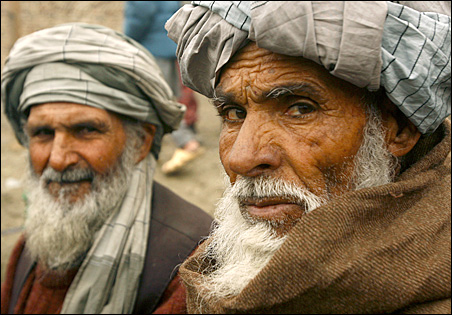
It’s not just the Afghans and General Khan who notice Kris’s cultural sensitivity, though.
David watched the meeting from the compound’s entrance, manning the point position on the team. Palmer had spread out everyone, encircling Khan’s party and the CIA team, creating a security bubble for their people. Everyone on David’s team had their weapons in hand, fingers curled around the triggers. One wrong move, one hint of subterfuge, or an attack—
His gaze kept dragging to Kris, no matter how he tried to look away. Kris, speaking fluent Dari and connecting with Khan in all the right ways, as courteous and respectful as the suavest socialite in Benghazi or Beirut or Cairo. He knew the rhythms of the people, that was obvious. He knew how to move and breathe with Islam, how to live in the religion in a way that David only barely remembered. Kris had spoken Arabic to David like it sounded in David’s dreams, his earliest memories. David had thought he’d covered his accent, had made it purposefully bland, purposefully Gulf with faint hints of Egyptian. He’d thought wrong, if Kris could uncover him so completely from their first hello.
But that was just one more thing to bury.
Sixteen hours, they’d been in Afghanistan. He’d kept his mind occupied from the moment they’d entered Afghan airspace. Running through the mission, over and over. What would happen when they landed, who would take the lead. Palmer’s orders, his mission plan. Their contingencies. Their contingencies’ contingencies.
Kris.
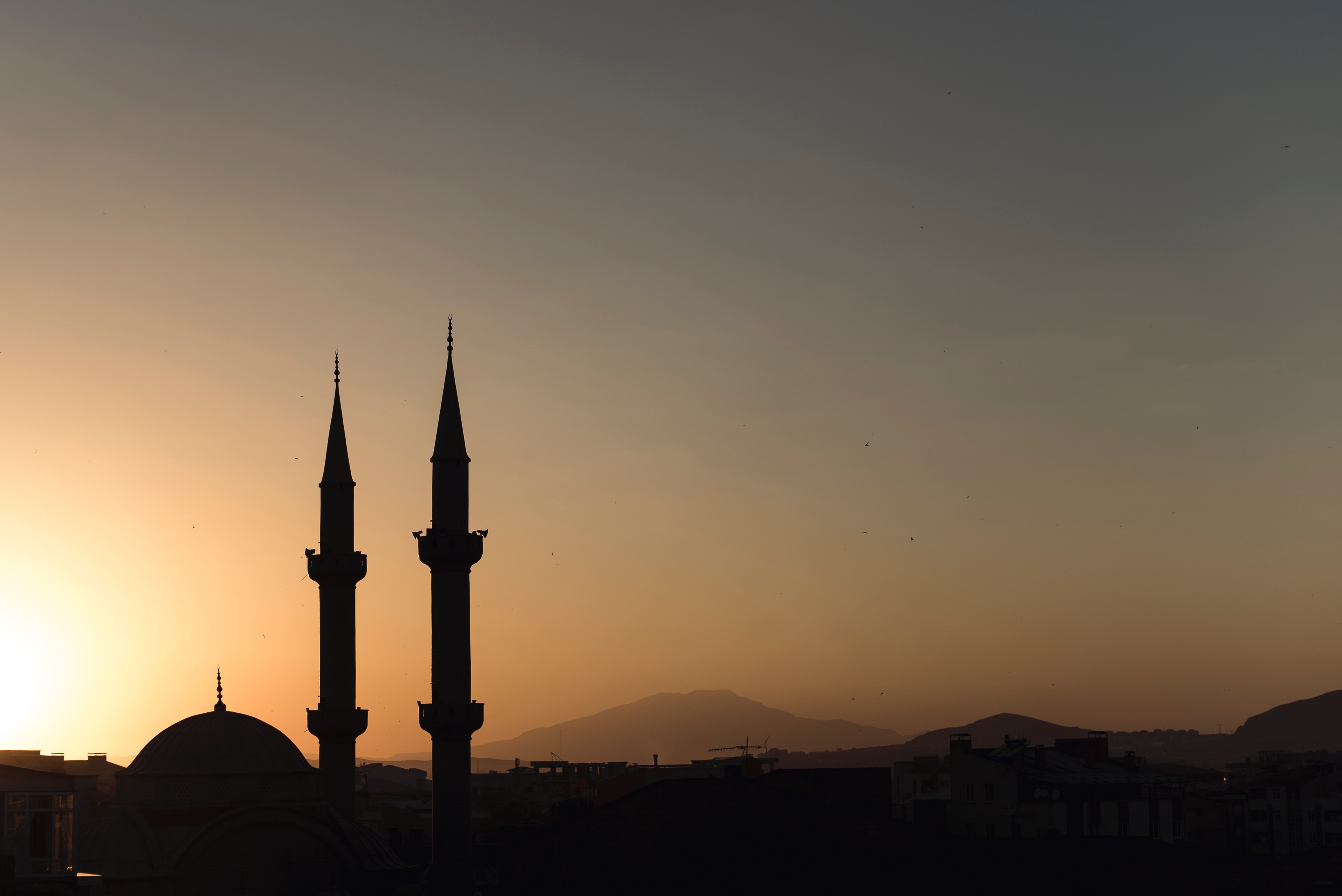
Tomorrow we’ll delve deeper into David, and into his faith, as we get ready for Whisper’s launch on Thursday, April 26!
Questions:
Have you ever been in a situation where it felt like you were talking past someone, and you didn’t know how or why?
Have you ever felt like a fish out of water, culturally lose? Have you ever experienced culture shock?
What are some defining attributes of your own culture?